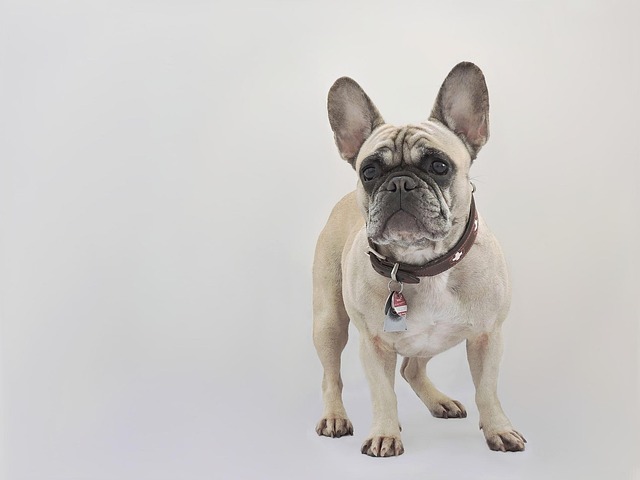
How to treat canine influenza?
Canine influenza can creep up fast—one day your pup is playful at the dog park, the next they’re coughing, sneezing, and lethargic.
Canine influenza can creep up fast—one day your pup is playful at the dog park, the next they’re coughing, sneezing, and lethargic. It’s easy to mistake for a regular cold, but this viral infection needs specific care to keep your dog comfortable and prevent spread to other pets. First, you’ll want to separate your sick dog from other canines; many local areas require isolating infectious pets to avoid outbreaks in doggy daycares or boarding facilities.
The first step in treating canine influenza is a trip to the vet—don’t try to self-diagnose. Vets can run tests to confirm the virus and rule out more serious issues like kennel cough or pneumonia. In places like Seattle or Berlin, some clinics offer same-day urgent care for sick pets, which is key because early intervention helps shorten recovery time. Your vet might prescribe antiviral meds or antibiotics if a secondary bacterial infection sets in.
At home, keep your dog hydrated and rested—just like you’d do for a sick human. Offer small sips of water frequently, since fever from canine influenza can lead to dehydration. Skip intense walks for a week or two; short, gentle potty breaks on a leash (to follow local leash laws) are enough. If your dog refuses food, try warming up their favorite wet food to entice them—nutrition helps their immune system fight the virus.
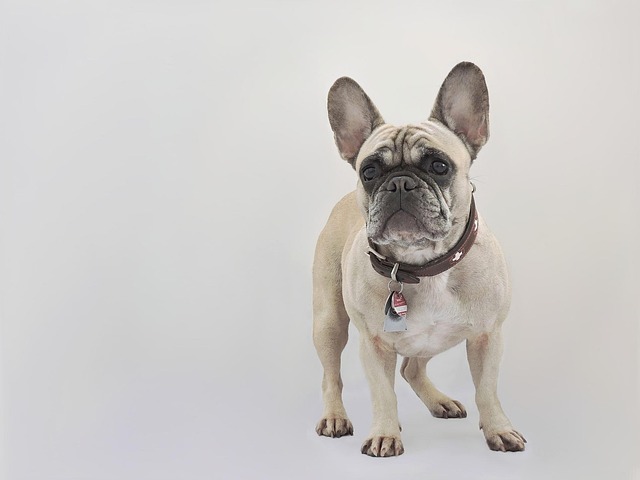 Preventing spread is part of treatment too. Disinfect bowls, toys, and leashes with a vet-recommended cleaner—canine influenza viruses can live on surfaces for days. If you walk past other dogs during potty breaks, keep a safe distance; some neighborhoods have rules about keeping sick pets away from public spaces like dog parks to protect the community’s animals. Let your dog walker or boarding facility know your pup is sick, too.
Preventing spread is part of treatment too. Disinfect bowls, toys, and leashes with a vet-recommended cleaner—canine influenza viruses can live on surfaces for days. If you walk past other dogs during potty breaks, keep a safe distance; some neighborhoods have rules about keeping sick pets away from public spaces like dog parks to protect the community’s animals. Let your dog walker or boarding facility know your pup is sick, too.
Monitor for warning signs that mean a vet visit is needed ASAP. If your dog’s cough gets worse, they have trouble breathing, or their gums turn pale, don’t wait—these could be signs of pneumonia, a serious complication. In cities with strict pet health laws, failing to seek care for a severely sick pet might lead to penalties, but more importantly, quick action keeps your pup safe.
Treating canine influenza takes patience, but most dogs recover fully with the right care. Start with a vet visit to get a plan, keep your pup rested and hydrated at home, and take steps to stop the virus from spreading. By following these steps—and staying compliant with local pet health rules—you’ll help your furry friend get back to chasing balls and playing at the park in no time.

Canine influenza can creep up fast—one day your pup is playful at the dog park, the next they’re coughing, sneezing, and lethargic.
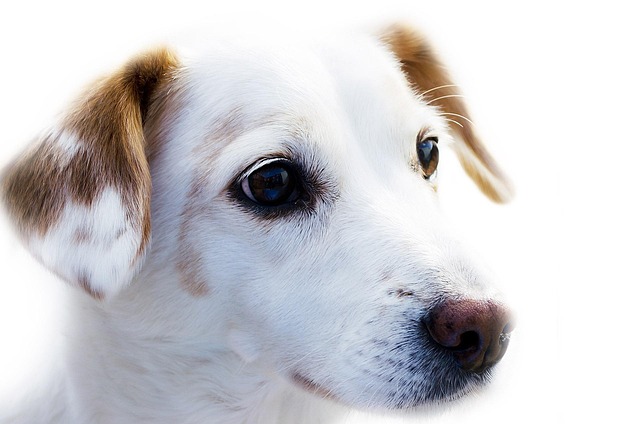
I spent a frantic afternoon last July with my friend Maya, whose 3-year-old Golden Retriever, Cooper, had collapsed during a walk in 95°F heat—his gums were bright red

Diabetic dog’s lifespan depends a lot on how quickly you catch the signs and stick to a care routine—things like increased thirst, frequent accidents, or sudden weight loss often tip owners off first.
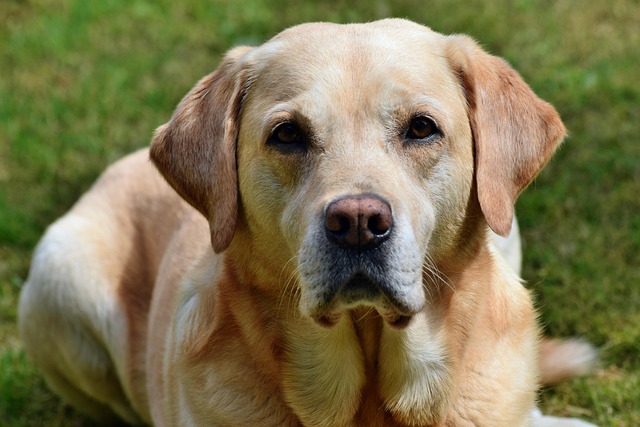
I was at the park last July when I saw my friend Jake panicking—his 2-year-old Border Collie, Ruby, was lying in the shade, panting so hard her tongue was bright purple
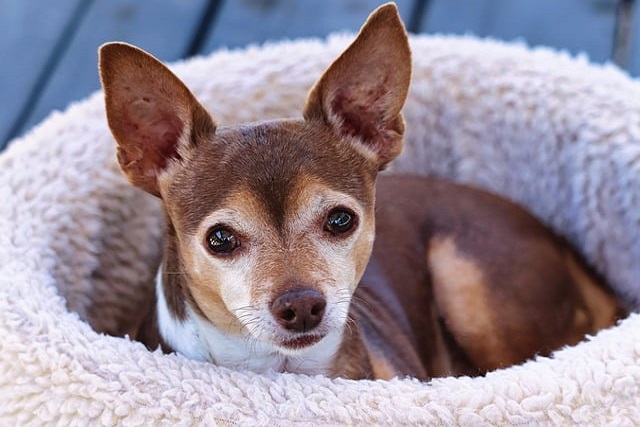
I met my neighbor Tom last week outside the pet store, clutching a handful of food labels while his 9-week-old German Shepherd puppy, Loki, tugged at his leash.
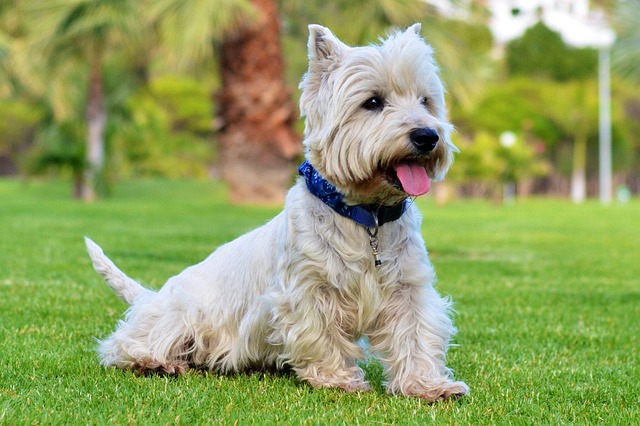
You’re in the middle of cuddling your pup on the couch when you notice they won’t stop scratching a red, flaky spot on their belly.